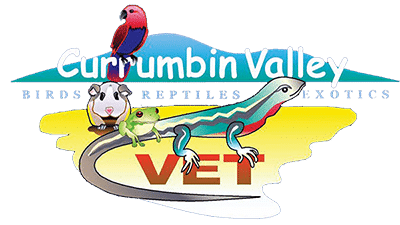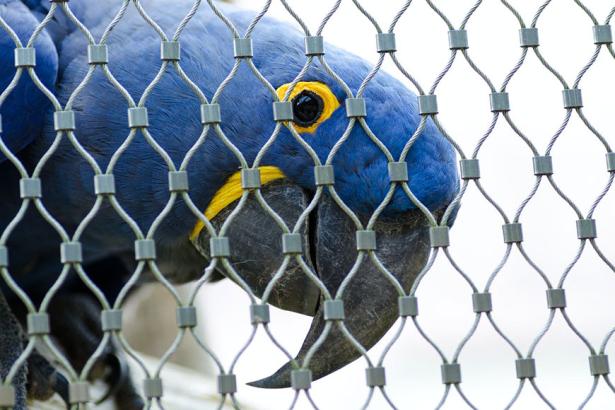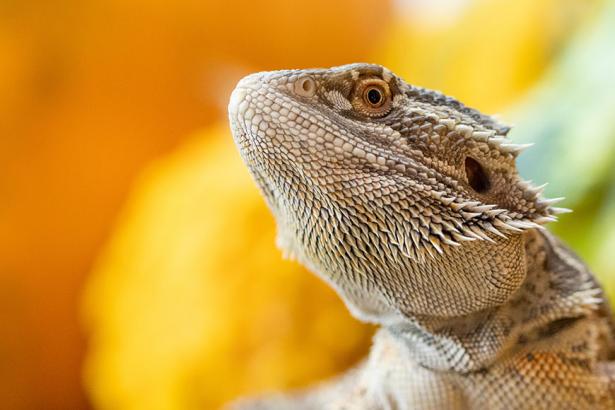As veterinarians, we often find ourselves at the frontline of animal health and welfare. However, our role extends beyond the walls of clinics and hospitals, especially when it comes to the conservation of wildlife.
In Australia, where the biodiversity is both rich and unique, veterinarians – particularly those specialising in exotic animals – play a pivotal role in the conservation efforts of our native wildlife.
In this article we take a look at the contributions of veterinarians to wildlife conservation in Australia.
Health Assessments and Disease Management
One of the primary roles of veterinarians in wildlife conservation is conducting health assessments and managing diseases within wildlife populations. Australian native species, such as koalas, kangaroos, and various bird species, face threats from diseases that can decimate populations.
Chlamydia in koalas is a significant concern, leading to severe health issues and population decline. Veterinarians specialising in exotic animals are equipped with the knowledge and skills to diagnose and treat these diseases, often developing vaccination programs or other management strategies to mitigate their impact.
Rehabilitation and Care
Wildlife rehabilitation is another area where veterinarians contribute significantly. Injured, sick, or orphaned wildlife, often victims of urbanisation, vehicle collisions, or natural disasters, are cared for and rehabilitated by veterinarians with a special interest in wildlife.
The bushfires that ravaged Australia in 2019-2020 brought to light the critical role veterinarians play in emergency response, providing medical care to affected wildlife and working tirelessly to save as many animals as possible.
These efforts not only aid individual animals but also contribute to the preservation of species that are at risk of declining population numbers.
Conservation Research
Veterinarians are often involved in conservation research, studying diseases, reproductive biology, and the impacts of environmental changes on wildlife health. This research is vital for developing effective conservation strategies and policies.
For example, studies on the reproductive health of the Tasmanian devil have been instrumental in understanding and managing the spread of Devil Facial Tumour Disease (DFTD), a significant threat to the species. Veterinarians, through their research, have provided insights that guide conservation efforts and policy-making.
Public Education and Advocacy
Educating the public about wildlife conservation and the challenges faced by native species is another area where veterinarians make a significant impact. By sharing their knowledge and experience, veterinarians help to advocate for wildlife conservation and inspire actions that contribute to the preservation of Australia’s unique biodiversity.
Whether it’s through community talks, social media, or collaboration with conservation organisations, veterinarians play a vital role in raising awareness and fostering a culture of conservation.
Collaboration with Conservation Organisations
Veterinarians often work in collaboration with conservation organisations, government agencies, and wildlife parks, providing expert advice and support for conservation projects.
These collaborations are important for the successful implementation of conservation programs, such as breeding programs for endangered species, habitat restoration projects, and wildlife health monitoring.
Specialised veterinarians who are trained in exotic animal care are an important part of wildlife conservation efforts in Australia. Their expertise in health assessments, disease management, rehabilitation, research, and public education contributes significantly to the preservation of our native wildlife.
As stewards of animal health and welfare, veterinarians have a unique opportunity and responsibility to advocate for and contribute to the conservation of Australia’s natural heritage, ensuring it thrives for generations to come.
FAQs
Veterinarians manage a range of diseases in Australian wildlife, including Chlamydia in koalas, which leads to severe health issues and population decline. They develop vaccination programs and other management strategies to mitigate the impact of these diseases.
Veterinarians with a special interest in wildlife care for and rehabilitate injured, sick, or orphaned animals, often victims of urbanisation, vehicle collisions, or natural disasters. Their efforts are vital in emergency responses, such as during the 2019-2020 bushfires, helping to save many animals and contribute to the preservation of species at risk.
Veterinarians conduct research on diseases, reproductive biology, and the impacts of environmental changes on wildlife health. For instance, research on the reproductive health of the Tasmanian devil has been instrumental in managing Devil Facial Tumour Disease (DFTD), guiding conservation efforts and policy-making.
Veterinarians provide expert advice and support for conservation projects, working alongside conservation organisations, government agencies, and wildlife parks. They contribute to the successful implementation of conservation programs, such as breeding programs for endangered species and habitat restoration projects.
Veterinarians specialising in exotic animals possess unique knowledge and skills in diagnosing and treating diseases specific to wildlife. Their expertise is critical in managing health issues, conducting research, and developing strategies that support wildlife conservation efforts, making them indispensable in preserving Australia’s native wildlife.
The public can support veterinarians by advocating for wildlife conservation, participating in conservation initiatives, and supporting policies that protect natural habitats. Additionally, educating yourself and others about the challenges facing Australian wildlife and the importance of conservation efforts can make a significant difference.






1 Comment
Comments are closed.